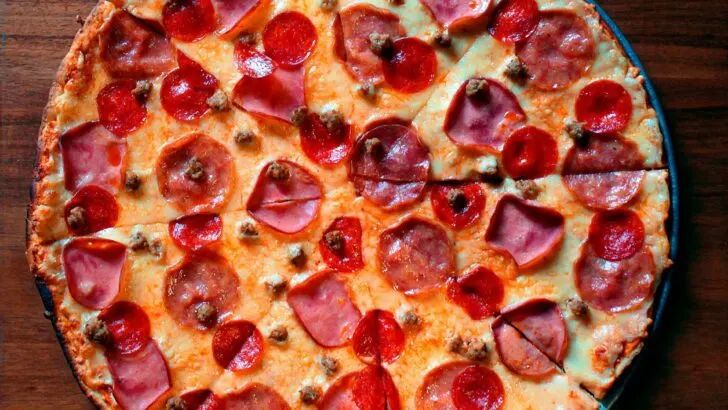Why Do Athletes Buy Fast Food Restaurants?
Whether an NBA player or a player in the NFL, MLB, or NHL, professional athletes from all the major sports have begun to invest their earnings into fast food restaurants and franchises. But just why do athletes buy fast food restaurants and how does doing so help them to secure a more comfortable retirement?
Below, we are not only going to look at just why athletes buy fast food restaurants and franchises but were also going to take a look at some of the more famous athletes to have done so.

What is a Fast-Food Restaurant?
Fast food, and fast-food restaurants, are a type of mass-produced food which is specifically designed for commercial resale and is typically served with an emphasis on speed and efficiency. So called fast food due to the speed of service expected, those restaurants look to cater to an audience looking for a quick meal and one that is generally affordable.
And while fast food is a great option to eat while watching an NBA game or for someone on a tight schedule, typically the cuisine is highly processed and prepared in an industrial fashion. As such, regular consumption of fast food should be avoided and is generally deemed to be unhealthy.
Are Fast-Food Restaurants Profitable?
While estimating the average profit margin of a restaurant, whether a fast-food or an upscale one, can be difficult as there are multiple factors and variables which can affect the net profit, there have been multiple studies and examples which show that most fast-food restaurants are both successful and profitable.
However, it is important to understand, that while looking at historical data and statistics is important, success in the restaurant industry is never guaranteed. As with any investment, there are significant risks and the potential for the venture to fail, leaving the franchisee out a significant sum.
With that said, most studies have shown that fast-food franchises remain one of the most profitable ventures for a potential investor. On average, fast-food restaurants have a profit margin between 6-9%.
And with most fast-food restaurants and locations averaging over $2 million in yearly sales, a potential franchisee is looking at a yearly profit between $150,000-$250,000.
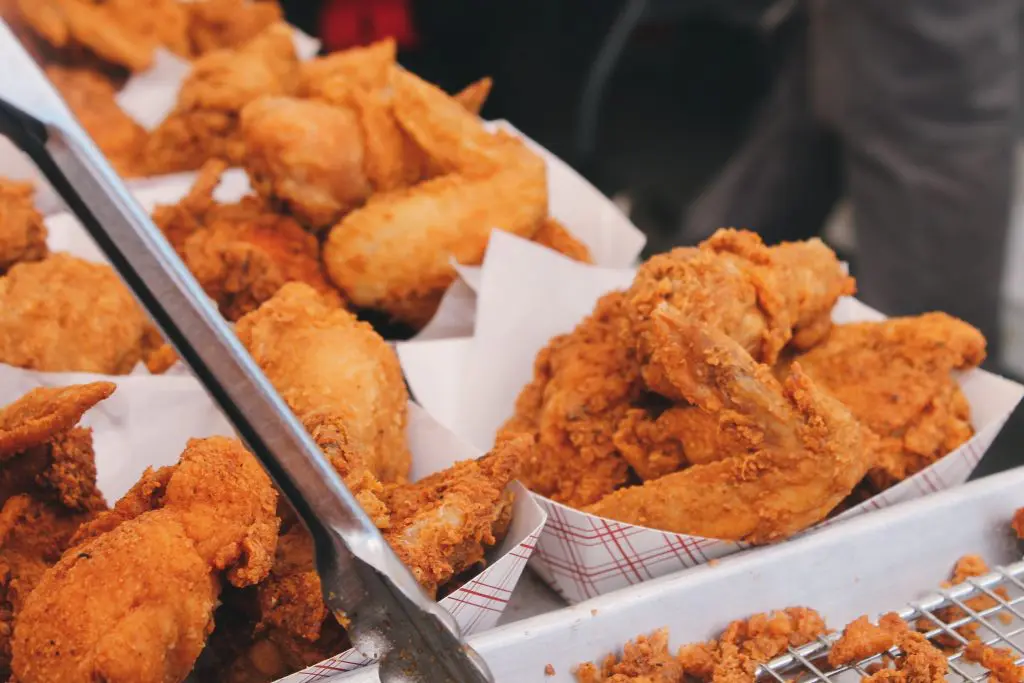
Which Fast-Food Restaurants Are Franchisable?
While many potential investors and athletes may be interested in franchising certain fast-food chains, not all chains offer franchising opportunities. Many fast-food restaurants are owned and managed solely by the corporate entity, not allowing for individual franchising opportunities.
However, there are some notable fast-food restaurants which allow for franchising opportunities. These include McDonald’s, Baskin-Robbins, Auntie Anne’s, Papa John’s, Taco Bell, KFC, Dunkin’, Pizza Hut, Denny’s, Ben & Jerry’s, Edible Arrangements, Cinnabon, Dairy Queen, and Cold Stone Creamery.
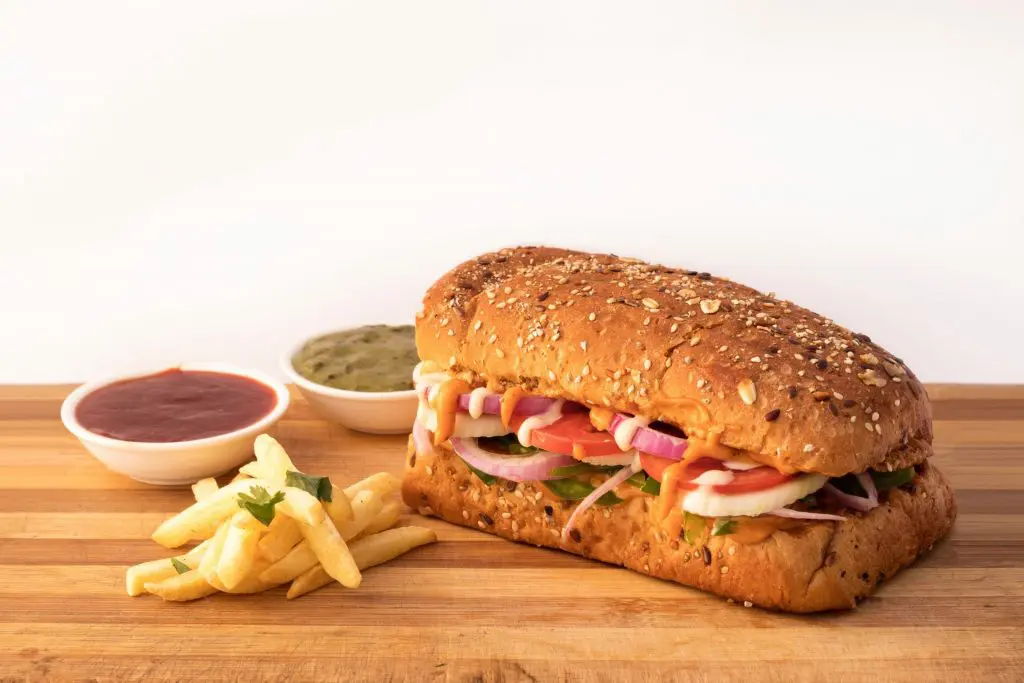
How do Fast-Food Restaurants Make Money?
While the most obvious answer to how do fast-food restaurants make their money is through their food and menu items, there is more to the answer. As many of these franchise restaurants rake in billions of dollars in annual sales, there are methods behind the scenes to help them reach those target goals.
- Value Items and Meals – one of the best ways that fast-food restaurants make money is by offering low-cost value items and meals. Typically priced around $1, these items entice consumers to visit the restaurant, where they are often upsold on more expensive and less costlier items.
- Upsell Pricier Items – another way which fast-food restaurants entice consumers to spend more is to upsell pricier items. This is done by placing mouth-watering, vivid imagery of certain items across the restaurant, encouraging customers to purchase.
- Encourage Larger Portions – similarly, many fast-food restaurants will encourage customers to upgrade their orders. For less than a dollar, customers can upgrade their potion sizes to a medium or a large, adding a significant amount of revenue to the restaurant.
- Offer Extras – from guacamole at Chipotle to an extra espresso shot at Dunkin’, these extras cost the restaurant little and bring in additional sources of revenue. Many fast-food restaurants will offer extras and additional food items to their menus, enticing customers to spend just a bit extra.
- Soft Drinks Add Up – one of the most well-known tactics which fast-food restaurants utilize to increase profits is to sell soft drinks at a significant mark up. Soft drinks, from soda to sports drinks from the fountain, offer a 90% profit margin.
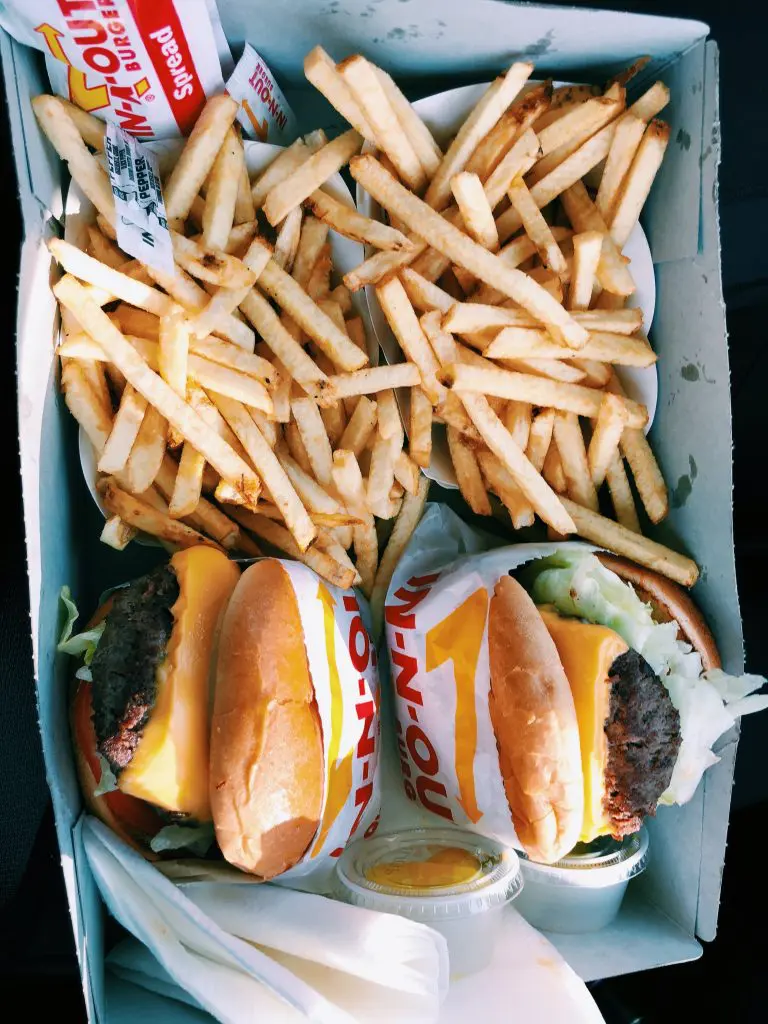
Famous Athletes Who Own Fast-Food Restaurants
- Mike Miller – the former Denver Nuggets star ended his career in the NBA in 2017. Since then, Miller has acquired 10 BurgerFi restaurants. BurgerFi, a fast-casual burger joint, serves the top 1% of certified, American Black Angus beef which is raised without the use of antibiotics.
- Richard Sherman – the former Seattle Seahawks pro-athlete owns two Wingstop locations in Seattle. Having opened his first Wingstop location in 2016, Sherman would open an additional one with his former teammate Sidney Rice.
- Kris Brown – although Kris Brown has retired from the NFL more than a decade ago, he has been busy acquiring Dunkin’ restaurants. As the CEO of Berliner Group, he has 12 Dunkin’ restaurants with plans to open an additional 9.
- Calvin Johnson – the former Detroit Lions wide receiver has helped Auntie Anne’s launch their first food truck in 2017 in Atlanta. Since then, he has launched more than two dozen additional Auntie Anne’s food trucks in various states.
- Adrian Gonzalez – the five-time MLB All-Star owns six Jersey Mike’s Subs locations across California, generating over $7.8 million in. annual revenue.
- Vernon Davis – the Washington Commanders tight end has a slew of Jamba Juice locations throughout North California and Northern Virginia.
- Shaquille O’Neal – perhaps the most prolific former professional athlete with ties to the fast-food industry, Shaquille O’Neal owns a whopping 155 Five Guys restaurants, 17 Auntie Anne’s, 9 Papa John’s, and 1 Krispy Kreme location.
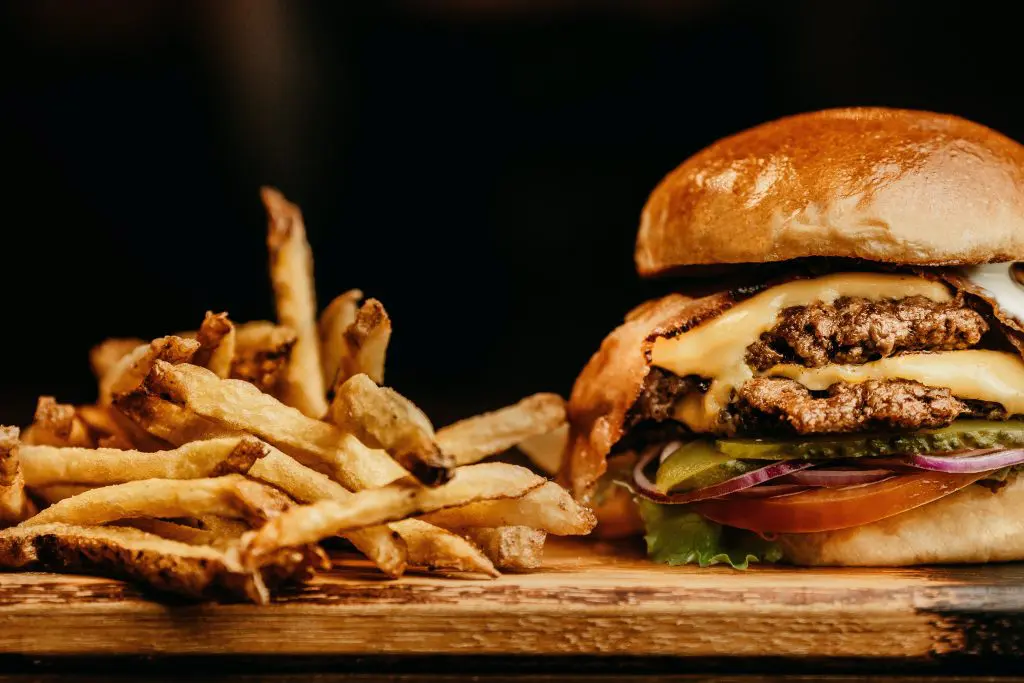
Reasons Athletes Buy Fast-Food Restaurants and Franchises
- A profitable industry – perhaps the main reason why so many athletes purchase fast-food restaurants and franchises is due to the fact that the industry is, overall, quite profitable. With many professional athletes making millions per year, they look for secure investment opportunities for them to place their newfound wealth in and fast-food restaurants offer the perfect opportunity.
- Generational wealth – in addition, for many of these athletes, the pursuit of generational wealth is a driving factor. While they may have been successful in their respective sport, their children may not be as interested in that pursuit. As such, these athletes will purchase businesses and franchises which continue to provide a steady stream of income long after they have discontinued play.
- Something to do after they retire – similarly, for many of these athletes, their professional career typically ends in their early to mid 30’s. With the lack of structure and a daily schedule, these athletes are looking for new opportunities and areas to spend their time.
- Personal love for fast-food – further, for many of these athletes, fast-food is an old pastime, with many athletes describing their love for fast-food and its comforting menu items. As such, they may consider an investment in a fast-food restaurant to be personal and one that they feel a close connection to.
- Help getting started – similarly, for many of these professional athletes, fast-food franchises are a great investment opportunity due to the significant support and structure the fast-food corporations provide to franchisees. From securing a location to setting up the interior and exterior of the restaurant, fast-food franchises provide unparalleled service to their franchisees, making them an attractive investment opportunity.
